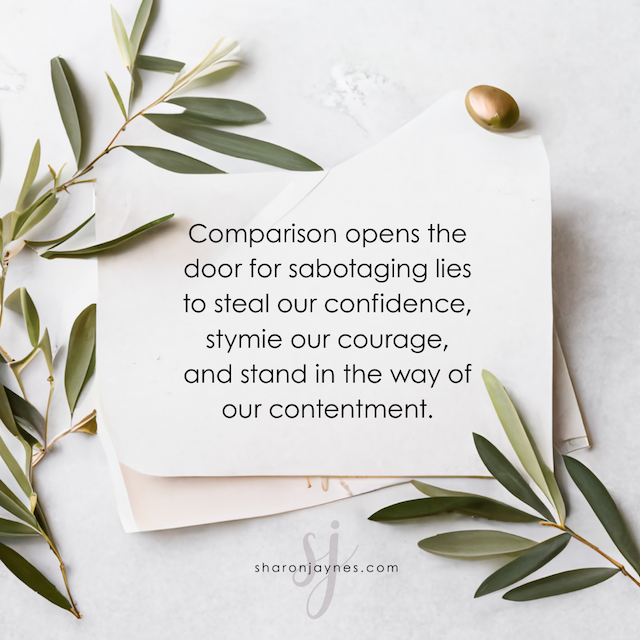Podcast: Revelation Questions 2: What Do the Symbols Mean in the Letters?


Check out the So We Speak podcast on Apple Podcasts or Spotify.
Each of the seven letters to the churches carries a different practical application for the church today. These letters have symbols in them at the beginning and end.
Should we be looking for every symbol to symbolize something else? Should we assume they are literal until proven otherwise? What is the correct approach to take?
Literal or Symbolic?
In Apocalyptic Literature like Revelation, things that are not easily understood should be taken as symbols unless they demand to be taken literally. For example, with Jesus and the Seven Stars (Revelation 1:20), the descriptive words used such as “like” refer to descriptive imagery and language.
The Letters: Ephesus and Smyrna
In the first letter to the church at Ephesus, the word “paradise” is used to describe a garden. Again, a “crown of life” means to be spiritually alive and enduring forever.
In the letter to the church at Smyrna, there are references to sexual immorality (2:14). The phrase “sexual immorality” (one word in Greek) has two related meanings. When Jesus uses the word, he talks about the morality of sexual relations. However, it also references a “spiritual immorality” – a spiritual unfaithfulness to God.
The ending of this letter refers to a white stone with a name written on it. Around this time, a white stone indicated innocence in battle or a lack of guilt. Another use of the “white stone” was a token that gets you into a club/concert. The idea is the same for both of these – we have been given access into the courts of God based on our lack of guilt because of the blood of Christ.
These letters,with their encouragement and warnings, are needed in the church today just as much as when they were written.
Brittany Proffitt lives in Dallas and is a writer and content manager for So We Speak.





